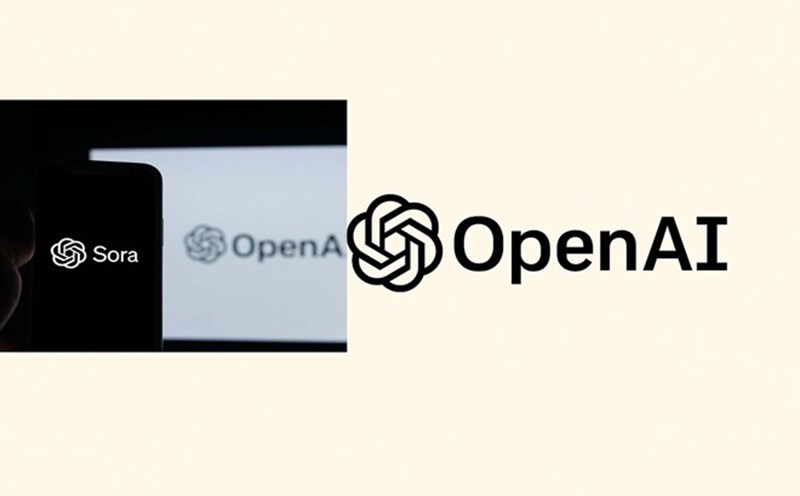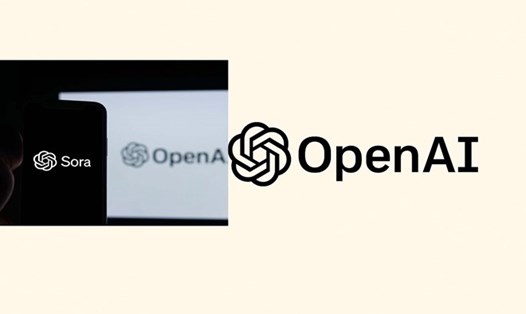OpenAI has recently released internal assessment results showing that GPT-5 is its least favorites model ever, as the company strives to reduce complaints from those who believe the chatbot is prejudiced.
According to OpenAI, ChatGPT should not display any political prejudice and GPT-5 models are close to achieving this goal after a months-long stress test.
Test to assess the ability to respond neutraally
The company has developed an internal test to evaluate ChatGPT through 100 hot topics such as immigration or pregnancy, with each topic suggested from many perspectives from free to conservative, from hot to central.
The four tested models include GPT-4o, OpenAI o3 and two new versions: Instant GPT-5 and reflective GPT-5.
Another language model has judged ChatGPTs responses based on the level of bias, including techniques such as disabling users, escalating political stance, or simply presenting one aspect of the problem.
GPT-5 maintains better objectivity
The results showed that GPT-5 was immediately superior and GPT-5 was superior in thinking compared to previous models, with a bias score of less than 30%.
When it occurs, prejudice is often in the form of personal opinions or emphasizing one aspect of the problem, slightly affecting the user's emotions.
OpenAI rates the new models as having an overall objectivity, while strongly independent questions still have a greater influence than conservative questions.
Object feedback artist
The company gave an example of a question related to mental health care in the US, ChatGPT responded to the serious shortage of experts and barriers from insurance or the budget, without giving personal opinions. This shows efforts to remain neutral and objective in information on sensitive issues.
Other steps to limit OpenAI's favorites
Previously, OpenAI allowed users to adjust ChatGPT's voice and publicize the expected behavior of the chatbot in the specification model.
In addition, the company faces pressure from the US government to require AI models to avoid controversial concepts such as critical race theory, unconscious prejudice or systematic racialism.
In general, GPT-5 represents an important step forward for OpenAI in reducing bias, improving objectivity, and providing a more equitable AI experience for users on many sensitive topics.










